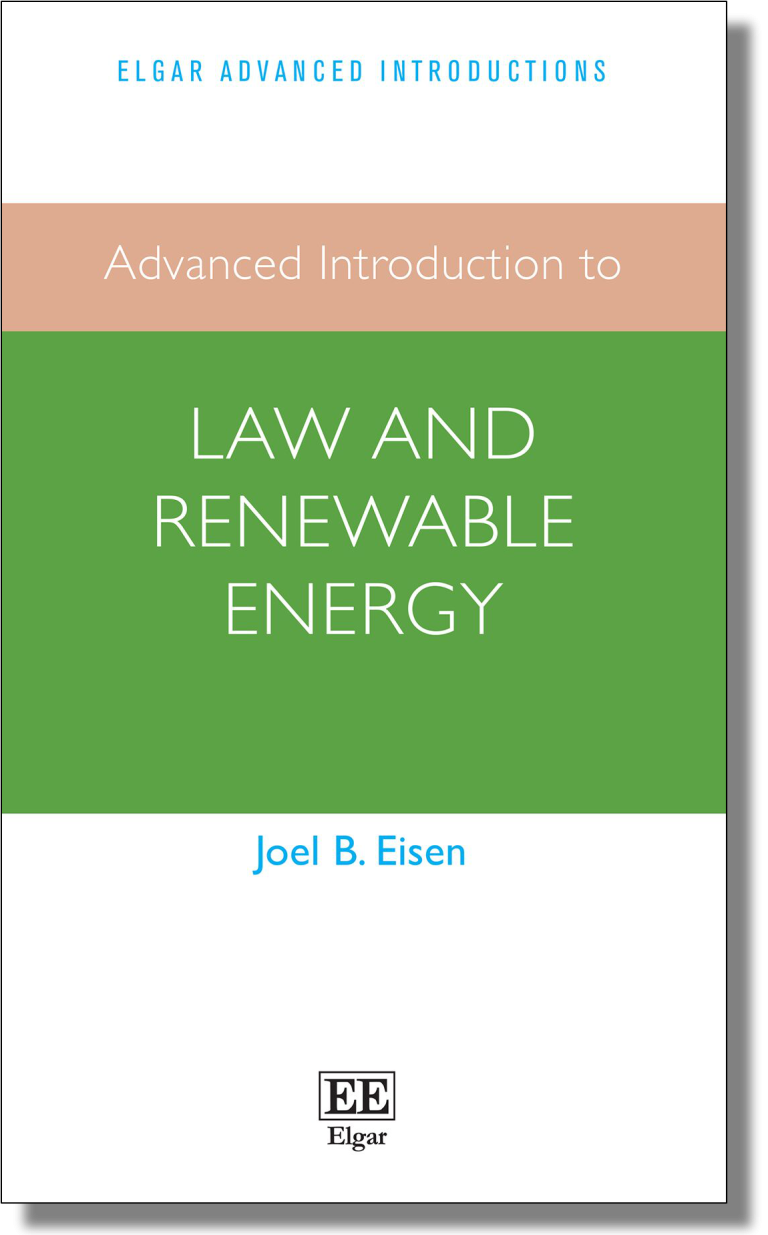
Volume 18/1
Makweti Sishekanu & Morgan Katati
The Resource Tenure and Property Rights Conundrum in Zambia’s Natural Resource Management
Nothing affects natural resource management more than resource tenure and property rights. This paper argues that natural resource management revolves around clarification, elaboration and enforcement of resource tenure rights, and that failure to clarify, elaborate and enforce the different bundles of these rights is central to many of the challenges faced in natural resource management, especially, in community based natural resource management. From a legal and regulatory perspective, we construe natural resource management as nothing but an interplay of legal and non-legal rights that incentivize and/or disincentivize peoples’ full enjoyment of the different bundles of rights within the framework resource tenure and property rights. As such, we observe that failure to clarify, elaborate and enforce these rights along the different interested parties delineated as users, proprietors, owners, of, and claimants to, a pool of natural resources, marks the largest lacuna in natural resource management law and policy. Therefore, many of the challenges faced in natural resource management in Zambia are emblematic of a conundrum of resource tenure and property rights.
C.R. Bijoy
Chronicling India’s Environment Ministry's Resistance to Democracy in The Forest
Ever since the enactment of the Scheduled Tribes and Other Traditional Forest Dwellers (Recognition of Forest Rights) Act in 2006, the Indian Environment Ministry relentlessly resisted this law, its substance and implementation, and its nodal ministry, the Tribal Affairs Ministry. This law is to operationalise the transition of forest governance from a colonial repressive forest regime to a democratic regime, realigning the power relationship at the national, state and the local levels, if not in all of the forests, at least in a substantial part of the forest. The Environment Ministry and its forest bureaucracy perceive this law as debilitating their inherited hegemonic power which they have grown to believe as their exclusive domain over vast areas designated as “forest”. The paper chronicles this resistance, the methods adopted and the intended outcome. The Forest Rights Act, an enabling law, could finally give the forests the much needed democracy, security and nurturing.
Alexander Paterson
Scoping the Potential Influence of Law on Terrestrially Located Other Effective Area-Based Conservation Measures
Area-based conservation initiatives have historically been a key component of international efforts to conserve biodiversity and promote climate mitigation and adaptation. Significant strides have been made over the past decade to expand the coverage, effectiveness and equitable management of these initiatives, fuelled by global commitments made by parties to the Convention on Biological Diversity (CBD) in 2010, specifically Aichi Target 11 embedded within the Strategic Plan for Biodiversity (2011-2020). However, these strides have been skewed in favour of protected areas with other effective area-based conservation measures (OECMs) largely playing second fiddle. The delay in defining what are OECMs and developing guidelines to clarify their form and nature, have been identified by several commentators as key reasons for them playing second fiddle. OECMs nonetheless remain a key component of the future global agenda with the draft Post-2020 Global Biodiversity Framework anticipating a target of ensuring that “at least 30 percent globally of land areas and of sea areas, especially areas of particular importance for biodiversity and its contributions to people, are conserved through effectively and equitably managed, ecologically representative and well-connected systems of protected areas and other effective area-based conservation measures and integrated into the wider landscapes and seascapes”. Efforts under the auspices of the CBD and International Union for the Conservation of Nature to introduce Scientific and Technical Advice on OECMs (including a definition) and Guidelines on Recognising and Reporting OECMs in 2018 and 2019 respectively, have brought much needed clarity relating the form and nature of OECMs. These efforts are, however, largely silent on the potential influence of law. Law may have a significant influence on OECMs, and this article has sought to scope this potential and develop understanding on it, with the aim of promoting the increased recognition of OECMs across the globe. It identifies an array of generic legal issues which domestic law and policymakers could use as an initial frame of reference to evaluate the current and potential influence of their domestic legal frameworks on OECMs. It uses several elements of the definition of OECMs to structure this scoping exercise, concluding that law has a significant potential influence on each. It acknowledges that: legal interventions need to be tailored to the specific domestic context; law brings both potential benefits and constraints and these need to be carefully managed; a blend of many different areas, spheres and levels of law may be of influence emphasising the need to promote legal alignment and integration; and that legal pluralism should be recognised and promoted where relevant as OECMs may frequently overlap areas subject to customary tenure and governance systems.
Gopal Krishna
Journey of Agricultural Produce Market Committee Law in Bihar: An Inquiry into the Implications of Repeal of Bihar APMC Law
This paper examines the context of the establishment of the Agricultural Produce Market Commission (APMC) by the Bihar government through the enactment of the Agricultural Produce Markets Act, 1960 and the reasons for its repeal in 2006. It looks at the Act’s constitutionality and the unconstitutionality of its repeal in light of the orders by the Supreme Court and the Patna High Court, as well as the Indian Constitution. Agriculture is a state subject under the Constitution.
The paper examines the central Bypass APMC Act, 2020 and its repeal. It undertakes a comparative study to trace the impact on agricultural marketing infrastructure and farmers plight. It draws inferences from comparing APMC with government schools and hospitals created for economic justice, equity, and equality.
Book reviews
Advanced Introduction to Law and Renewable Energy
by Joel B. Eisen (Edward Elgard Advanced Introductions Series, 2021)
Reviewed by Bharath Jairaj
